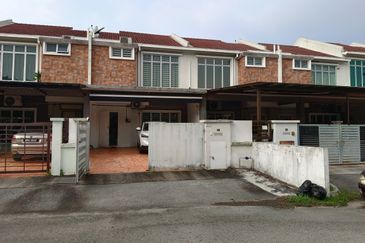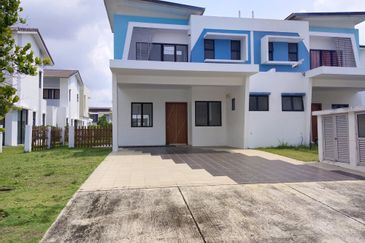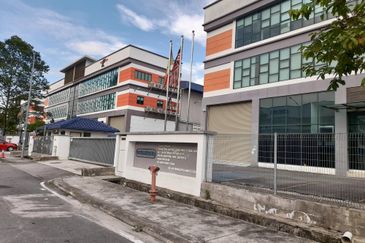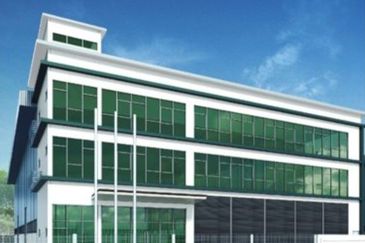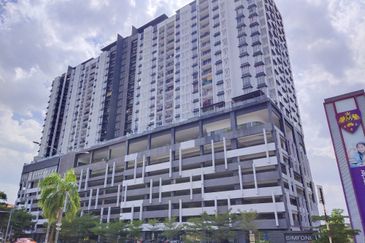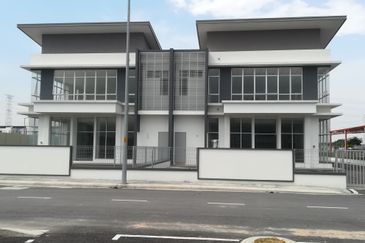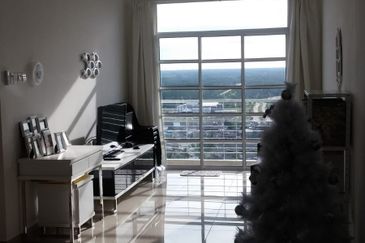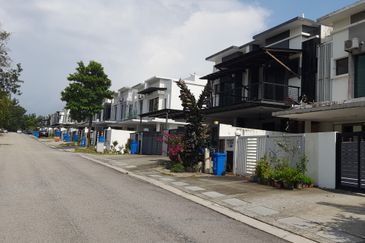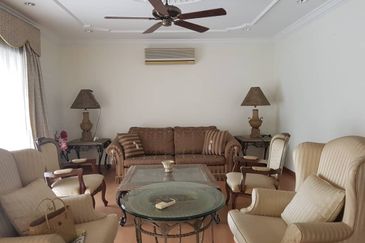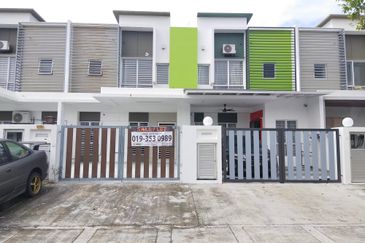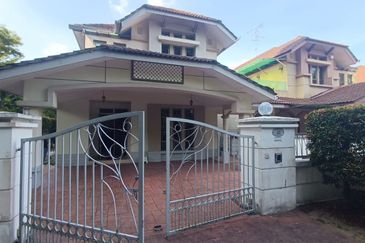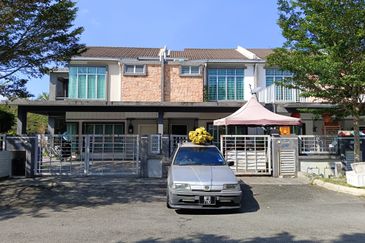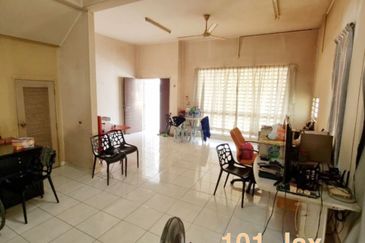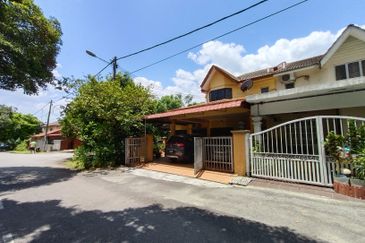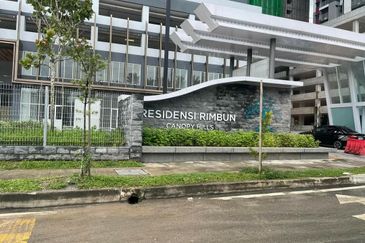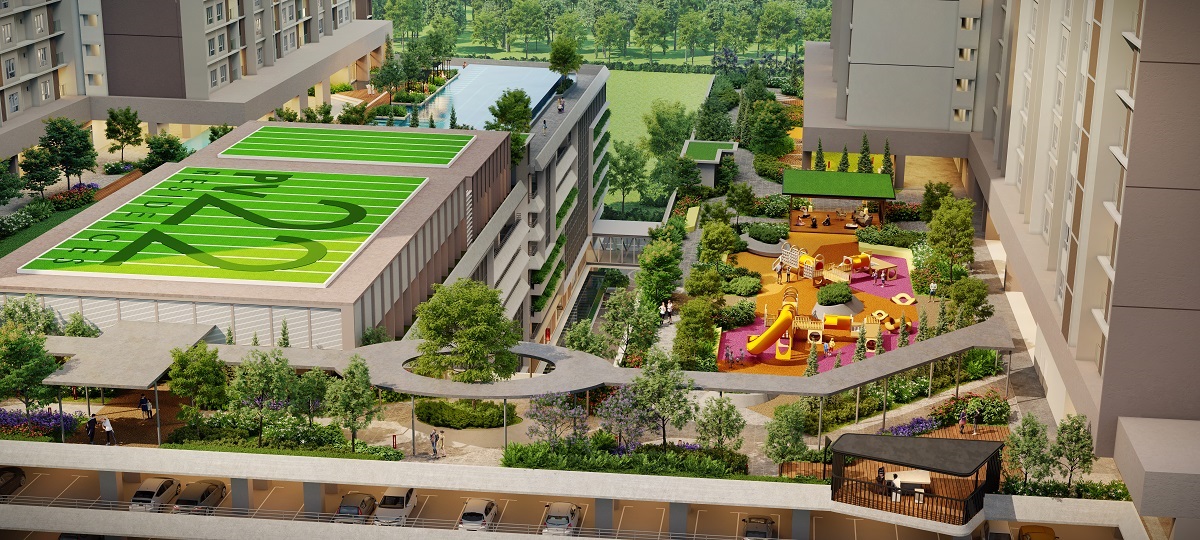
KUALA LUMPUR (Feb 24): While some China construction firms are creating a bad reputation in the local construction industry with shoddy workmanship and tardy deliveries, MCC Overseas (M) Sdn Bhd (MCCOM), a Chinese state-owned entity, hopes Malaysians will not tar every China-based construction company with the same brush.
“We have seen some first-timers in the market offering ridiculous pricing to developers in order to win their first jobs, only to realise that they are unable to deliver up to local contractual requirements in terms of quality and delivery time.
“This may cause delays and quality issues, and a negative perception about Chinese companies. But it is not fair to view the same of those established players like ourselves, who have been in the market for a long time. Not all Chinese companies are the same,” MCCOM managing director (MD) Danny Tsen Fui Teng told The Edge Financial Daily.
Incorporated in May 1992, MCCOM’s principal focus here is in the construction of high-rise and industrial buildings. In the past 10 years, MCCOM has participated in more than 15 projects here and at least half of them have been completed, said Tsen.
Some of the notable ones include W Hotel & Serviced Residences in the Kuala Lumpur city centre, the Tropicana Avenue mixed development in Petaling Jaya, Sunway Velocity in Cheras, and the Country Garden residential development at Danga Bay in Iskandar Malaysia, Johor.
To Tsen, MCCOM’s success formula is having the right mix of Malaysian and Chinese staff in its construction team.“This is to tap into their different strengths. Malaysians are good when it comes to areas of contract and documentation, quality assurance and control. Meanwhile, we can leverage on the skills of the Chinese, who are good at pushing for progress.
“And in order to deliver good performance in the long term, we develop and nurture our proven project management teams and send away the non-performing ones. Currently, all our project management teams have on average fully completed at least two projects in Malaysia,” he explained.
Besides offering localised teams as an advantage, Tsen highlighted that MCCOM can provide financing assistance for projects if required, although its clients now do not need any financing assistance as they have ample support from the banks for their projects.
“We prefer to support our clients in other ways, such as linking them to top sales agents in China and the region for selling their products, [and] providing them with value engineering for better cost efficiency,” he added.
Tsen said 200 of MCCOM’s 250 management personnel are Malaysians, while the rest are Chinese. Nine of its 13 divisions are led by locals.
In fact, Tsen is the first Malaysian MD at MCC’s local arm since its establishment nearly three decades ago. He took over the reins from Robin Yang slightly over a year ago.
The company, he said, is well backed by funds from its China central government-owned conglomerate, China Metallurgical Group Corp, which is listed on the Shanghai and Hong Kong stock exchanges.
“This is our strength. We have the support from the central government and any government-to-government projects will usually be given to the top-tier SOEs (state-owned enterprises).”
Bandar Malaysia, Belt and Road Initiative, IPO
When MCC ventured into Malaysia, it was betting on the opportunity of a booming property market here. However, the grass is not always green. “The property market has been quite soft in the past two years. The central bank has also tightened borrowings, and there have been [fewer] high-end projects but more of the affordable, medium-cost developments,” Tsen admitted.
In fact, there are now “not enough jobs” in the market it operates in, leading to heightened competition. Regardless, MCCOM remains focused on improving its efficiency in the next two years, and has no immediate plans to venture into the infrastructure scene.
“Our tender book is currently about RM2.8 billion — mostly high-rise buildings. It used to be bigger … we are still tendering and there are a few tall buildings coming up in KL (Kuala Lumpur). We are not looking to expand rapidly but more towards maintaining our current business.”
“For the coming three to five years, we hope to maintain our revenue around RM1 billion, although profits will depend on the market situation due to competition,” he said.
Channel checks show MCCOM, for the financial year ended Dec 31, 2018 (FY18), posted a net profit of RM527,759 on a revenue of RM937.56 million. For FY17, net profit came in at RM3.81 million, on a revenue of RM878.09 million.
The company has an order book of some RM1.8 billion, which Tsen said will keep it busy until 2023. This consists of mixed developments 8 Conlay and Platinum Arena in Kuala Lumpur, serviced apartments Troika in Kota Baru, Kelantan and The Face II and condominium Quinn Residence, also located here.
Going forward, as a China SOE, Tsen said MCCOM is keen to participate in the reinstated Bandar Malaysia project, which is undertaken via a 60:40 joint venture (JV) between Iskandar Waterfront Holdings Sdn Bhd (IWH) and China’s state-owned enterprise China Railway Engineering Corp (CREC). CREC will have an effective stake of 24% in the project.
However, as the reinstated project is understood to still be in its early stages, Tsen said there has not been any invitation to participate in the tender.
“We are definitely interested. Should both of them (referring to IWH-CREC) be looking for JV partners, which we believe they will, then we are willing to look into that,” Tsen said.
He added that the company will also be keen to partake in projects related to the Belt and Road Initiative, or special corridor developments that the state or federal government may be looking at.
As for an initial public offering (IPO), Tsen said that has always been on the back of his mind. He, however, noted none of MCC’s subsidiaries in the region have been listed so far.
“If we ever do go for an IPO, it is more about profiling ourselves as an established local payer, not so much about tapping into the funds from the market since it’s easier for us to get the support from our group. China (referring to MCC’s parent company) is quite actively looking into improving the efficiency of its structure,” he explained.
Click here to see condominiums for sale in Johor Bahru, Johor.
This article first appeared in The Edge Financial Daily, on Feb 24, 2020.
TOP PICKS BY EDGEPROP
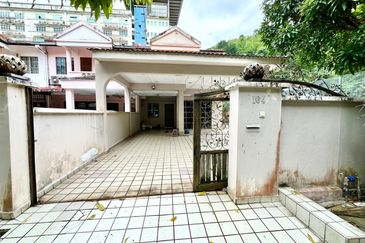
Bandar Baru Wangsa Maju (Seksyen 6)
Wangsa Maju, Kuala Lumpur
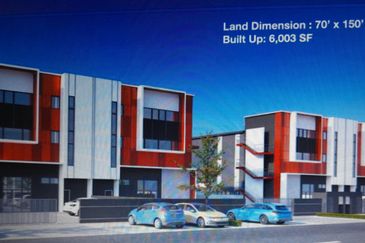
Bandar Puncak Alam
Bandar Puncak Alam, Selangor
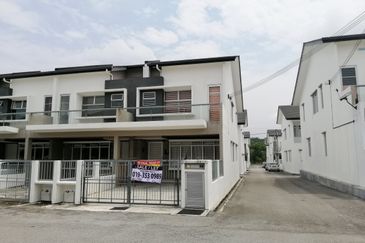
Camellia Residence, Bandar Tasik Kesuma
Semenyih, Selangor

